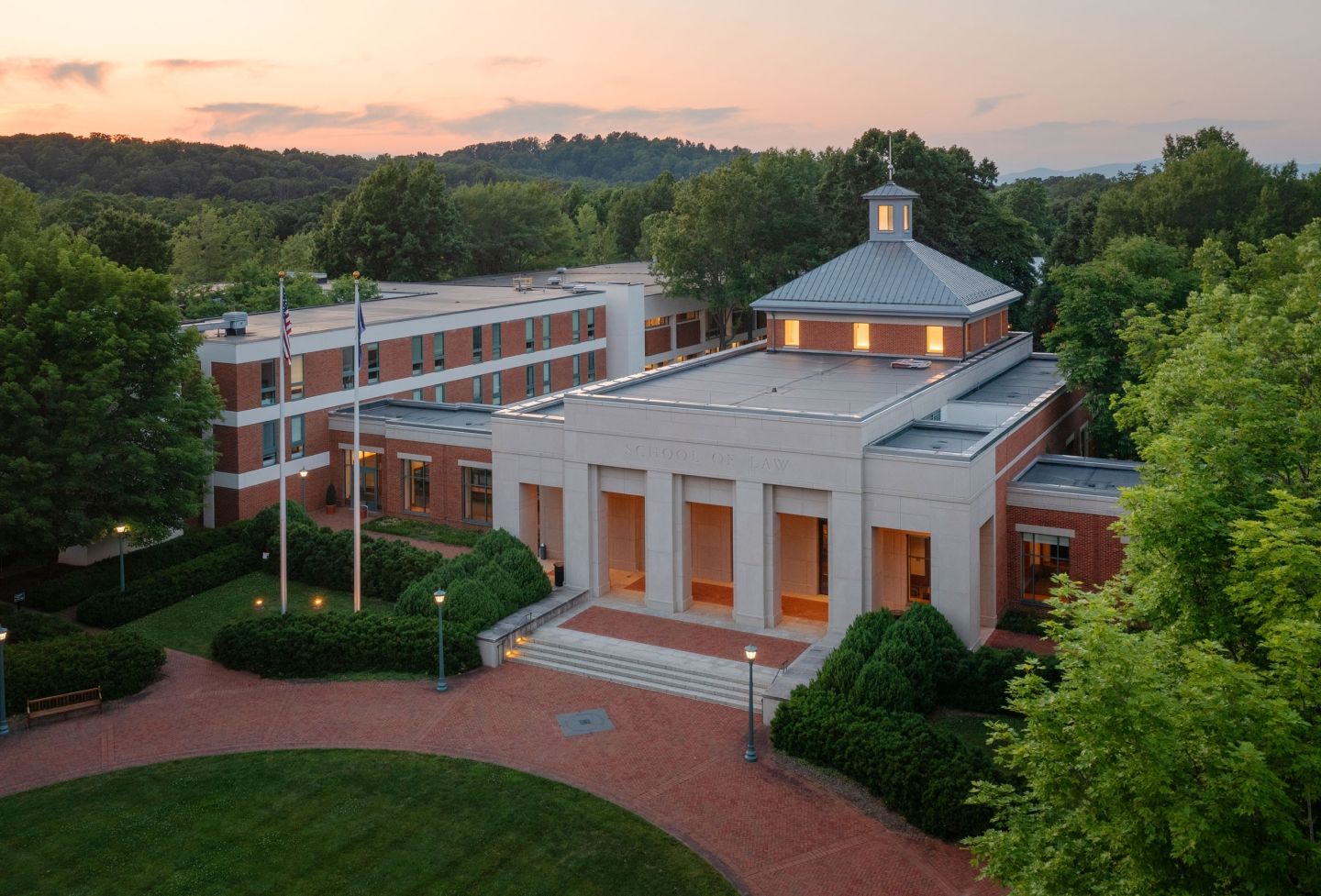Jeffries Makes Case for Reforming Constitutional Torts
The law on when and whether public officials can be held liable for violating constitutional rights is incoherent, says Professor John C. Jeffries Jr. in a forthcoming Virginia Law Review article.

In "The Liability Rule for Constitutional Torts," Jeffries observes that currently there is no one standard of liability that applies to violations of constitutional rights.
Constitutional torts are legal actions to pursue damages for violations of constitutional rights. Examples include suing a police officer for use of excessive force, suing a school administrator for wrongfully expelling a student, or suing a prison warden for unconstitutional conditions of confinement.
Some defendants are absolutely immune from having to pay damages, Jeffries explained, no matter how malicious or egregious their actions may have been. Other defendants automatically pay damages when their conduct is later found unconstitutional, even if their actions were entirely reasonable at the time.
"This fracturing of constitutional torts into disparate liability rules does not reflect any plausible conception of policy," Jeffries writes. "Although the Court occasionally makes functional arguments about one or another corner of this landscape, it has never attempted to justify the overall structure in those terms. Nor could it. The proliferation of inconsistent policies and arbitrary distinctions renders constitutional tort law functionally unintelligible."
Jeffries, the David and Mary Harrison Distinguished Professor of Law and a former dean of the Law School, argues that the correct default rule for constitutional torts is a modified form of qualified immunity in all cases.
Can you briefly summarize why constitutional tort doctrine is incoherent, as you argue in your article?
Constitutional tort doctrine is incoherent at the most basic level. Some government defendants are automatically liable in money damages for any violation of constitutional rights. Others are completely immune from damages liability, no matter how egregious the misconduct or malicious the motivation. Still others have a qualified protection against liability that comes close to a rule of negligence. There is no justification for such disparate treatment.
How did the variation in liability rules, as they apply to a range of government entities and officials, develop? Why do some officials/entities have immunity?
The variation in liability rules owes more to history than to logic. The Supreme Court has tried to determine what Congress would have thought about the question in 1871, which is when the relevant statute was passed. In fact, Congress did not foresee the questions that arise today, so the search for historical answers yields strange results.
You are advocating instead for a fault-based standard. What would that look like?
The doctrine of qualified immunity imposes a fault-based standard for constitutional torts. Basically, it requires that the defendant knew or should have known that his or her conduct was illegal. Under this standard, reasonable errors don't trigger damages liability.
You single out how excessive-force claims against police officers (or other law enforcement officials) are handled as being in particular need of reconsideration. What should change?
Excessive-force claims are among the most difficult and troublesome of constitutional torts. In part that's because police officers must work under conditions of emergency and with limited information. Everyone agrees that their actions should not be judged with the perfection of hindsight. On the other hand, the harm that reckless or irresponsible police misconduct may inflict is grievous. When a citizen is killed or beaten unjustifiably, damages should result.
You argue that some version of immunity from constitutional torts should be maintained. Why?
As the Supreme Court has long argued, some qualified immunity from damages liability is needed to protect good-faith efforts by government officials to do their jobs. If every error resulted in money damages, government officers might be too intimidated by that prospect to serve the public good.
Founded in 1819, the University of Virginia School of Law is the second-oldest continuously operating law school in the nation. Consistently ranked among the top law schools, Virginia is a world-renowned training ground for distinguished lawyers and public servants, instilling in them a commitment to leadership, integrity and community service.


